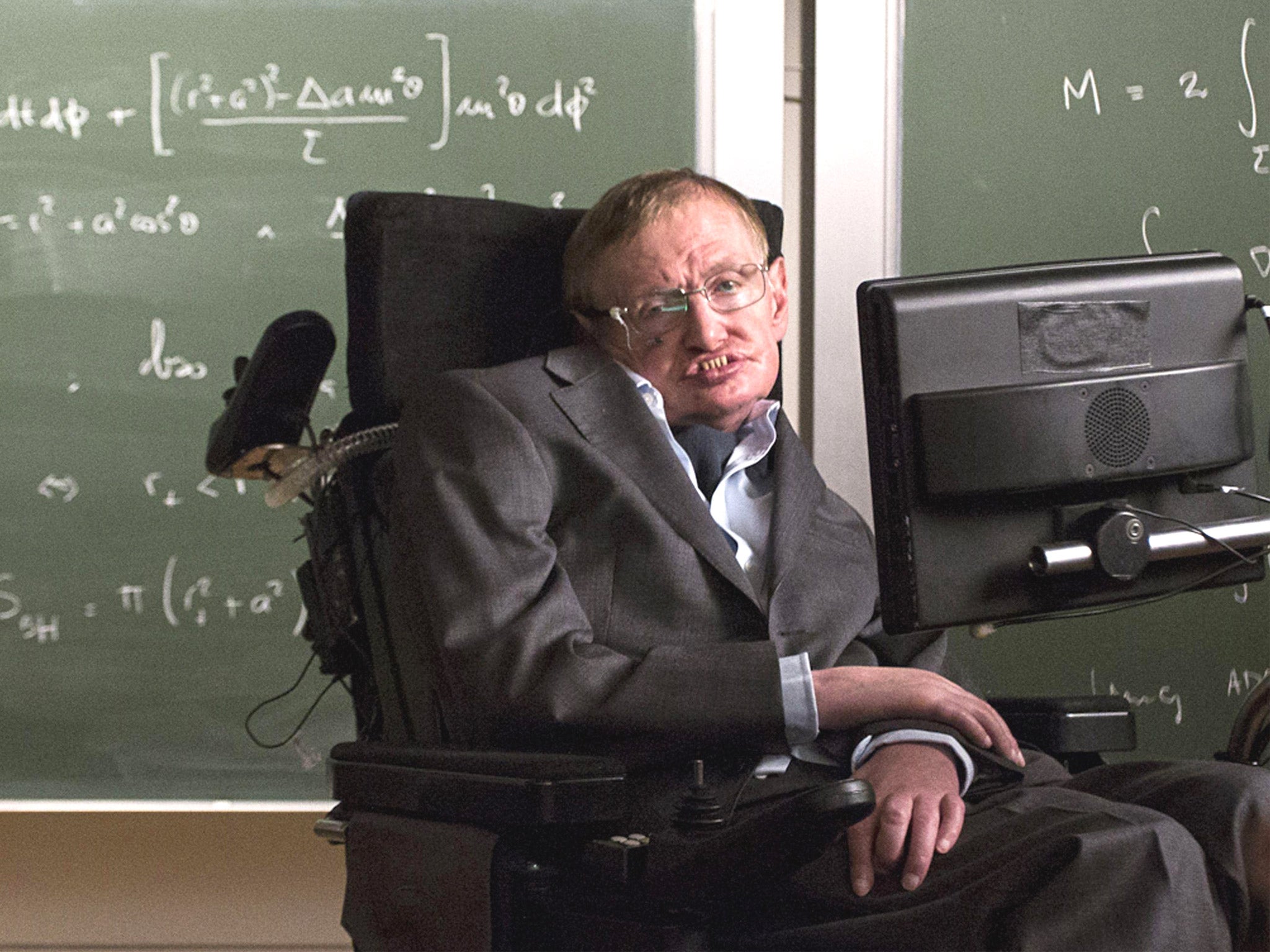Grant will fund new Stephen Hawking professorship at Cambridge University - but academics fear culture of ‘greed and vanity’ as post will carry a bonus of up to £67,000 a year
University accepts the $6m donation from the Avery-tsui Foundation to fund the Stephen W Hawking Professorship of Cosmology, but most of the money will be controlled by the charity

Your support helps us to tell the story
From reproductive rights to climate change to Big Tech, The Independent is on the ground when the story is developing. Whether it's investigating the financials of Elon Musk's pro-Trump PAC or producing our latest documentary, 'The A Word', which shines a light on the American women fighting for reproductive rights, we know how important it is to parse out the facts from the messaging.
At such a critical moment in US history, we need reporters on the ground. Your donation allows us to keep sending journalists to speak to both sides of the story.
The Independent is trusted by Americans across the entire political spectrum. And unlike many other quality news outlets, we choose not to lock Americans out of our reporting and analysis with paywalls. We believe quality journalism should be available to everyone, paid for by those who can afford it.
Your support makes all the difference.Accepting a multimillion- pound grant to create a professorship in honour of Stephen Hawking would seem an easy decision. Yet some of the finest minds in Britain have become embroiled in an unseemly spat over whether it is fair to allow one Cambridge University academic to be paid more than colleagues – amid concerns that the others could be consumed by “greed and vanity”.
The university has accepted a $6m [£3.6m] donation from the Avery-tsui Foundation to fund the Stephen W Hawking Professorship of Cosmology as a tribute to the world-famous physicist. But there are strings attached ... not only will most of the money be controlled by the charity, not the university, but the role will carry a bonus payment of up to £67,000pa – on top of a basic salary which must be equal or above that paid to others “of similar years of service, or rank” in the faculty of applied mathematics and theoretical physics.
The arrangement has prompted a furious backlash. “The thought that the university allows a donor to demand that any one person receives a superior salary to others is repulsive,” said Dr Brigitte Steger of the Faculty of Asian and Middle Eastern Studies. It risks the university becoming an institution “driven by greed and vanity,” she said.
Her comments were made last month during an angry debate at the university’s Senate House, details of which have just emerged in the current issue of the Cambridge University Reporter.
Professor Jeremy Sanders, presenting the proposals, told fellow academics that “the intention and expectation of Dennis Avery and the Avery-tsui Foundation is that the Hawking Professor will be truly outstanding. It is therefore axiomatic that on recruitment the professor will expect to be paid at a level equal to or greater than the average salary of other professors in the department.”
But Dr Adriana Pesci warned that the move could see the university “exposed to legal action” under equal-pay law. “We have subverted the pay spine and have ditched merit-ocracy,” she said, adding that it is “deeply divisive” and has generated “appalling behaviour: from misrepresenting the outcome of votes and meetings, and trying to dissuade people from speaking ... to subjecting lower-ranking colleagues, in front of peers, to a putdown.”
Professor Raymond Goldstein said the proposal was “so wrongly structured that it is not a proper permanent tribute to Professor Hawking”.
He asked: “How will we look if we agree to ignore existing rules of the university to enrich someone at the top of the academic ladder when the vast majority of others have not had a decent pay rise in years?”
However, Professor Paul Shellard said the new professorship “would be of enormous benefit”. And Professor Anne-Christine Davis, who also works in the department, claimed it was “a way of attracting and retaining a world-leading researcher to Cambridge.”
The strength of opposition has forced the university to put the proposal to a vote. Around 3,500 members of the university’s governing body of academics will begin voting from Friday of next week – with the result of the ballot to be announced on 26 February.
Both Cambridge University and Professor Hawking’s office declined to comment.
Join our commenting forum
Join thought-provoking conversations, follow other Independent readers and see their replies
Comments